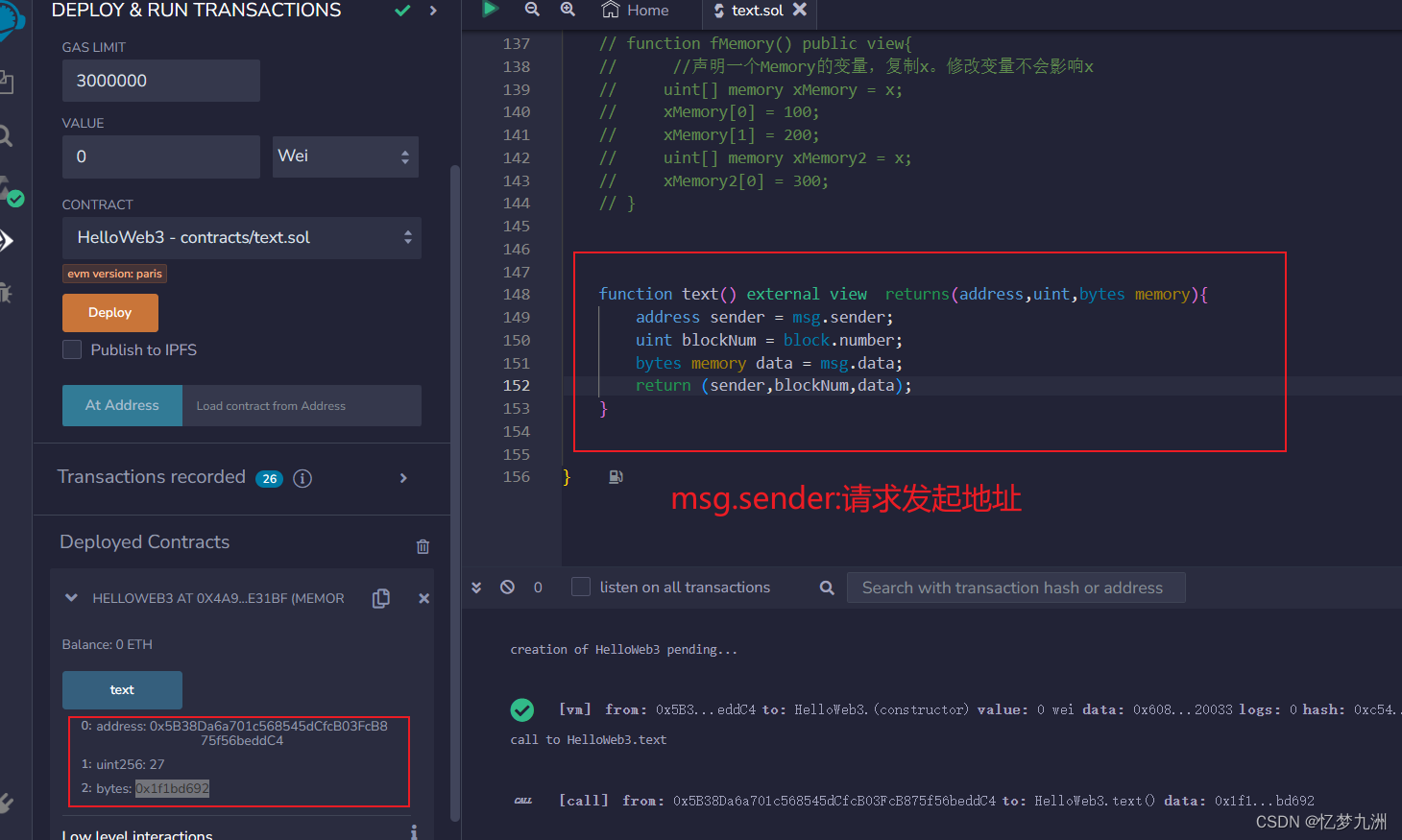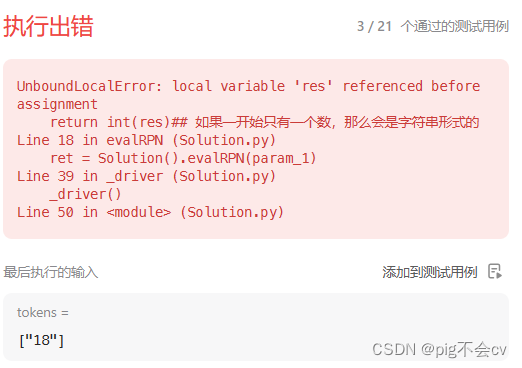💖作者:小树苗渴望变成参天大树🎈
🎉作者宣言:认真写好每一篇博客💤
🎊作者gitee:gitee✨
💞作者专栏:C语言,数据结构初阶,Linux,C++ 动态规划算法🎄
如 果 你 喜 欢 作 者 的 文 章 ,就 给 作 者 点 点 关 注 吧!
文章目录
通过前面的知识博主就带大家实现一个简单的缓冲区
myfile.c
#include "Mystdio.h"
#include <sys/types.h>
#include <sys/stat.h>
#include <fcntl.h>
#include <stdlib.h>
#include <unistd.h>
#include <assert.h>
#define FILE_MODE 0666
// "w", "a", "r"
_FILE * _fopen(const char*filename, const char *flag)
{
assert(filename);
assert(flag);
int f = 0;
int fd = -1;
if(strcmp(flag, "w") == 0) {
f = (O_CREAT|O_WRONLY|O_TRUNC);
fd = open(filename, f, FILE_MODE);
}
else if(strcmp(flag, "a") == 0) {
f = (O_CREAT|O_WRONLY|O_APPEND);
fd = open(filename, f, FILE_MODE);
}
else if(strcmp(flag, "r") == 0) {
f = O_RDONLY;
fd = open(filename, f);
}
else
return NULL;
if(fd == -1) return NULL;
_FILE *fp = (_FILE*)malloc(sizeof(_FILE));
if(fp == NULL) return NULL;
fp->fileno = fd;
//fp->flag = FLUSH_LINE;
fp->flag = FLUSH_ALL;
fp->out_pos = 0;
return fp;
}
// FILE中的缓冲区的意义是什么????
int _fwrite(_FILE *fp, const char *s, int len)
{
// "abcd\n"
memcpy(&fp->outbuffer[fp->out_pos], s, len); // 没有做异常处理, 也不考虑局部问题
fp->out_pos += len;
if(fp->flag&FLUSH_NOW)
{
write(fp->fileno, fp->outbuffer, fp->out_pos);
fp->out_pos = 0;
}
else if(fp->flag&FLUSH_LINE)
{
if(fp->outbuffer[fp->out_pos-1] == '\n'){ // 不考虑其他情况
write(fp->fileno, fp->outbuffer, fp->out_pos);
fp->out_pos = 0;
}
}
else if(fp->flag & FLUSH_ALL)
{
if(fp->out_pos == SIZE){
write(fp->fileno, fp->outbuffer, fp->out_pos);
fp->out_pos = 0;
}
}
return len;
}
void _fflush(_FILE *fp)
{
if(fp->out_pos > 0){
write(fp->fileno, fp->outbuffer, fp->out_pos);
fp->out_pos = 0;
}
}
void _fclose(_FILE *fp)
{
if(fp == NULL) return;
_fflush(fp);
close(fp->fileno);
free(fp);
}
myfile.h
#ifndef __MYSTDIO_H__
#define __MYSTDIO_H__
#include <string.h>
#define SIZE 1024
#define FLUSH_NOW 1
#define FLUSH_LINE 2
#define FLUSH_ALL 4
typedef struct IO_FILE{
int fileno;
int flag;
//char inbuffer[SIZE];
//int in_pos;
char outbuffer[SIZE]; // 用一下这个
int out_pos;
}_FILE;
_FILE * _fopen(const char*filename, const char *flag);
int _fwrite(_FILE *fp, const char *s, int len);
void _fclose(_FILE *fp);
#endif
main.c
#include "Mystdio.h"
#include <unistd.h>
#define myfile "test.txt"
int main()
{
_FILE *fp = _fopen(myfile, "a");
if(fp == NULL) return 1;
const char *msg = "hello world\n";
int cnt = 10;
while(cnt){
_fwrite(fp, msg, strlen(msg));
// fflush(fp);
sleep(1);
cnt--;
}
_fclose(fp);
return 0;
}
大家自己下去测试一下




















